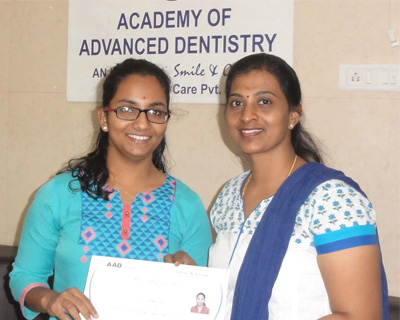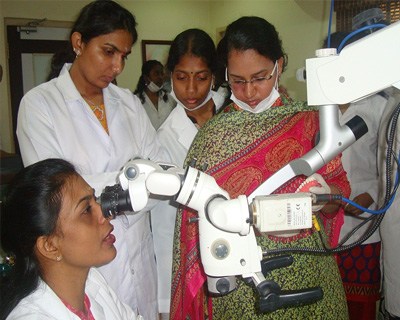Why do you get bad breath?
1. Causes of bad breath
Brush and floss more often.
If you don’t brush and floss every day, food stays in your mouth and collects bacteria, which can cause bad breath. Food collected between the teeth, on the tongue, and around the gums can also rot, leaving an unpleasant odor.
Plaque, the sticky buildup on your teeth, collects bacteria that cause bad breath. Trapped food also adds to the problem.
Brush your teeth at least two times each day, and floss at least once. If you’re concerned about your breath, do both a little more often.
Don’t overdo things, though. If you brush too hard you can wear down your teeth, making them vulnerable to decay.
Avoid foods that sour your breath.
Onions and garlic are big offenders. But brushing after you eat them doesn’t help.
The substances that cause their bad smells make their way into your bloodstream and travel to your lungs, where you breathe them out, says dentist Richard Price, DMD, a spokesperson for the American Dental Association.
The worst way to stop the problem? Don’t eat them, or at least avoid them before you go to work or see friends.
What you eat is also a factor. Foods like garlic and onions contribute to breath odor, and once the food is absorbed into the bloodstream, it’s transferred to the lungs where it’s expelled. Brushing, flossing, and mouthwash will only mask the odor temporarily; odors continue until the body eliminates the food. Dieters can develop unpleasant breath from infrequent eating.
Smoking
Smoking is another cause of bad breath. As well as making your breath smell, smoking stains your teeth irritates your gums and reduces your sense of taste.
It can also significantly affect the development of gum disease, another major cause of bad breath. Stopping smoking will lower your risk of gum disease and help prevent bad breath.
Tobacco products are another cause of bad breath. If you use tobacco, ask your dentist for assistance in helping you quit.
Medication
Some types of medication can also cause bad breath. These include:
● nitrates – these are sometimes used to treat angina, chest pain caused by a restriction in the blood supply to the heart
● some chemotherapy medication
● tranquilizers (phenothiazines)
If the medication you’re taking is causing bad breath, your GP may be able to recommend an alternative.
Bad breath can also be caused by dry mouth (known as xerostomia), which occurs when the flow of saliva decreases. Saliva cleanses the mouth and removes particles that may cause odor. Dry mouth is caused by various medications, salivary gland problems or continuously breathing through the mouth. If you suffer from dry mouth, your dentist may prescribe an artificial saliva, or suggest using sugarless candy and increasing your fluid intake.
Bad breath could also signal a medical disorder. Local infections in the respiratory tract, chronic sinusitis, postnasal drip, chronic bronchitis, diabetes, gastrointestinal disturbance, and liver or kidney ailment can cause breath odor. If your dentist determines that your mouth is healthy, you may be referred to a physician to determine the cause of bad breath.
Maintaining good oral health is essential to reducing bad breath, so be sure you schedule regular dental visits for a dental cleaning and checkup. Brush twice a day with fluoride toothpaste to remove food debris and plaque, and brush your tongue, too. Once a day, use floss or an interdental cleaner to clean between teeth.
Talk to your dentist if you’re concerned about bad breath. He or she can help identify the cause and, if it’s due to an oral condition, develop a treatment plan to help eliminate it.
2.Rinse your mouth out.
Besides freshening your breath, a mouthwash adds extra protection by getting rid of bacteria. A fresh minty taste can make you feel good. But be sure the mouthwash you choose kills the germs that cause bad breath. Don’t just cover up the smell. Rinse daily with a good mouthwash and stop bad breath at its source.
You can also help your breath if you swish your mouth with plain water after you eat. It can get rid of food particles that get stuck in your teeth.
Scrape your tongue.
The coating that normally forms on your tongue can be a host for smelly bacteria. To get rid of them, gently brush your tongue with your toothbrush.If your brush is too big to comfortably reach the back of your tongue, try a scraper. “They’re designed specifically to apply even pressure across the surface of the tongue area. This removes bacteria, food debris, and dead cells that brushing alone can’t take care of,”.













